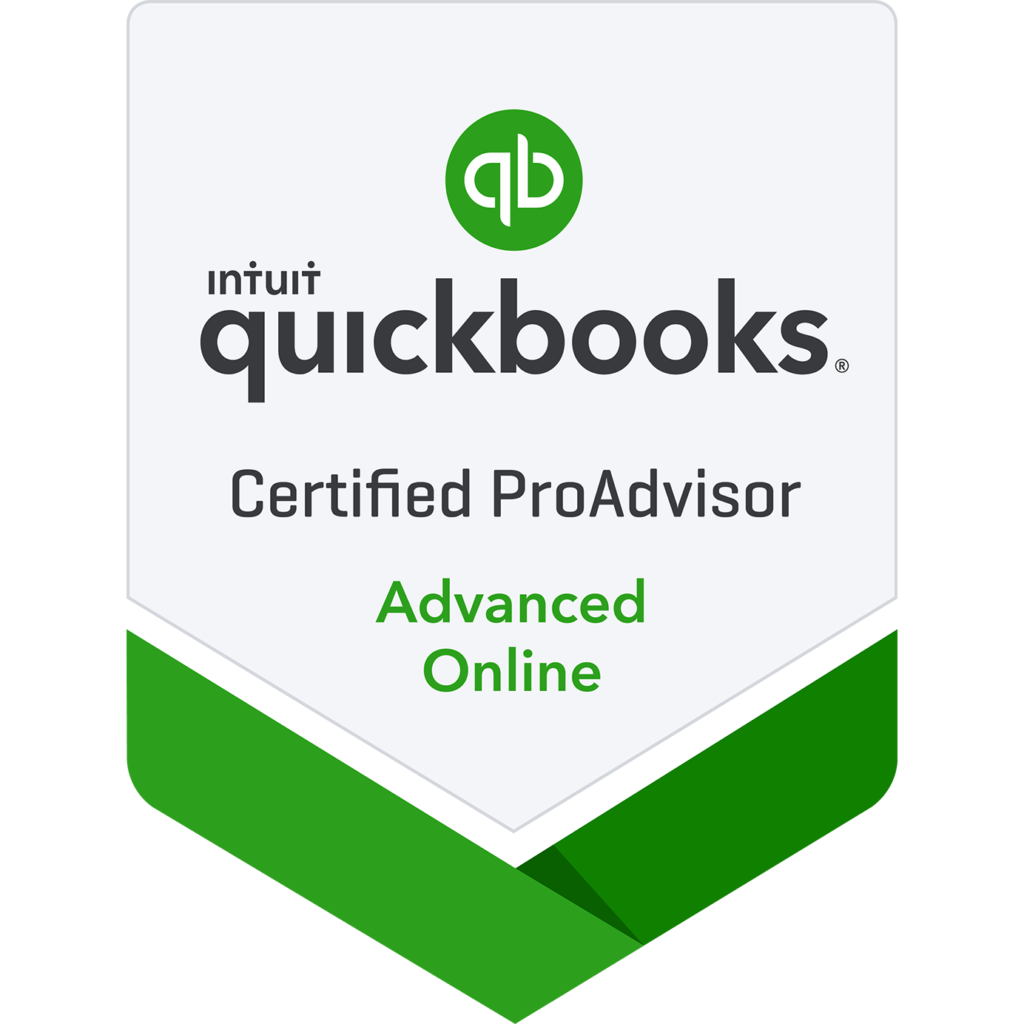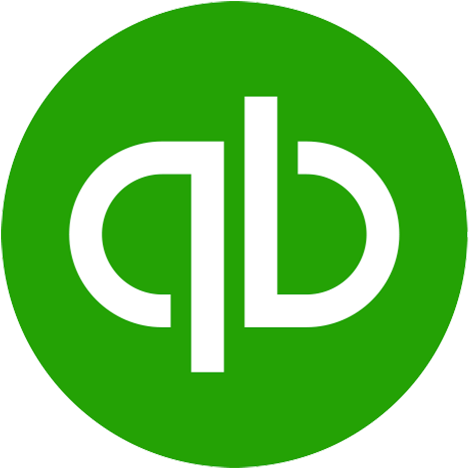Self-Assessment demystified
Some of us have all of their tax collected at source and don’t need to get involved with the taxman. Others, who fall into the Self-Assessment regime, need to complete certain tasks annually. Below, we explain what Self-Assessment is and who it applies to. We also outline important tasks and deadlines as well as provide guidance on what to do if you no longer need to complete a tax return or you haven’t sent one in before and you need to do it now.
What is Self-Assessment?
Who needs to file a Self-Assessment tax return?
Important Self-Assessment tasks and deadlines
What to do if you have received a Notice to File, but you no longer need to complete a tax return?
What to do if you haven’t filed a tax return before and need to complete one now?
- What is Self-Assessment?
Self-Assessment is a way of paying tax, just like PAYE – Pay As You Earn. If you fall into Self-Assessment regime, you are the one responsible for assessing your taxable income, reporting it to HMRC and paying any tax and National Insurance Contributions that are due. It is also your responsibility to inform HMRC that you need to fill in a tax return. Don’t expect them to send you a Notice to File, unless you have notified them of your duty. It’s opposite to PAYE, under which it’s your employer who is responsible for assessing your tax liability, reporting it on time and collecting any tax and NIC due.
- Who needs to file a Self-Assessment tax return?
“Do I need to submit a tax return” is a question many of us are asking, especially around April, when the tax year ends.
In general, Self-Assessment is a way of assessing tax liability for people whose income is not taxed at source, therefore it usually doesn’t apply to employees as they are assessed under PAYE, however, there are some exceptions.
You need to file a Self-Assessment tax return if one of the following applies:
– You are self-employed with income above trading allowance – if your self-employment income is below £1,000, it is treated as a hobby and does not need to be reported
– You are a partner in partnership – you should fill in partnership pages based on the information from Partnership Tax Return (SA800). It’s the nominated partner who’s responsible for preparation of Partnership Tax Return and distribution of pages to individual partners. There are special rules covering basis periods for partners who join or leave the partnership, they might need to submit their tax returns before the Partnership Accounts and Tax Return for the year are available. Contact us for further guidance
– You are a director – unless you receive no remuneration AND have not received a Notice to File
– You are a minister of religion
– You are a trustee or the executor of an estate
– You are a landlord
– You have other untaxed income such as savings income
– You receive regular income from trust or settlement
– You receive income from the estate of a deceased person on which further tax is due
– You have taxable foreign income
– Your annual income before tax is over £100,000
– You or your partner receive Child Benefit and one of you has income of over £50,000
– You have tax due that cannot be collected via PAYE coding notice
– You want to claim employment expenses of over £2,500
– You have capital gains on sale or disposal of assets and:
- The gain (or net gain if you also incurred capital losses) exceeds your annual exemption of £11,700 (18/19)
- The assets disposed of are worth more than £46,800 (18/19)
- You need to make capital gains tax claim or election for the year
– You have received a Notice to File (see below what to do if you no longer need to complete a tax return)
- Important Self-Assessment tasks and deadlines
I’ll use the 18/19 tax year as an example to illustrate the principles surrounding Self-Assessment dates and deadlines.
Tax years run from 6th April to the following 5th April. The 18/19 tax year starts on 6th April 2018 and ends on 5th April 2019.
If you haven’t sent a tax return before and you need to send one now, you have to register for Self-Assessment by 5th October following the end of the tax year. For instance, if you became self-employed during 18/19 tax year, you need to inform HMRC by 5th October 2019.
If you’re sending a paper tax return, you need to make sure it reaches HMRC by 31st October following the end of the tax year. The 18/19 tax returns need to reach HMRC by 31 October 2019.
If you file your tax return online, you need to do so by 31st January following the end of the tax year. (31st January 2020 is the deadline for 18/19 tax returns). However, if you want HMRC to collect your outstanding tax via your tax code, you have to file your tax return online a month earlier – by 30th December following the end of the tax year.
Your tax bill has to be paid by 31st January following the end of the tax year. This is the same as the submission deadline, so if you’re late preparing your tax return, you should consider putting some money aside as you might have very little time to pay.
If you make payments on account (required from tax payers whose tax liability is over £1,000 and 80% of the tax is not collected at source), you need to send a balancing payment for the year by 31st January following the end of that tax year together with first payment on account for the following year (the one that hasn’t ended yet. Then, a second payment on account is due by 31st July following the end of the tax year.
That might sound confusing so let’s illustrate:
Tax year 18/19 ends on 5th April 2019. The tax return for that year needs to be filed online and tax bill paid by 31st January 2020. If your tax bill was over £1,000 and not collected at source, by the same date you need to pay a further half of the bill as a payment on account in respect of the following year. With tax liability of £1,200 and no payments on account made in the prior year, in January 2020 you have to pay £1,800 – £1,200 your current liability and £600 as a payment on account in advance. Then 31st July 2020 comes and a further £600 becomes due in the form of a second payment on account in advance. Let’s assume the following January (2021) your tax bill is £1,500. Since £1,200 was already paid in two lots of £600, the balancing payment in January 2021 is only £300, but the total due by 31st January 2021 is £1,050 – it includes £750 payment on account in respect of the following year. A further £750 is due on 31st July 2021.
- What to do if you have received a Notice to File, but you no longer need to complete a tax return
If you have received a Notice to File and you no longer need to complete a tax return, you can’t simply ignore the letter. You need to contact HMRC (details can be found here) and explain the situation to them. They might agree to cancel the tax return (you should receive a confirmation letter). In this case, any late filing penalties will be cancelled too.
However, HMRC might instead ask you to complete a tax return anyway and describe changes to your circumstances in “Additional Comments” box.
Contact HMRC as soon as you know you no longer need to submit a tax return to avoid being issued with one.
- What to do if you haven’t filed a tax return before and need to complete one now
If you haven’t submitted a tax return before, you need to register for Self-Assessment by 5th October following the end of the tax year in which you had income you need to report. HMRC will issue you with Unique Taxpayer Reference and send you a tax return.
The registration can be done online, accountants, including us, offer this service at a low cost.
To ensure the accuracy of your tax return and maximise your tax savings, you should work closely with an accountant. They will prepare a tax return for you, make sure you don’t claim expenses that are not allowed, inform you of any claims and elections available and review your position, possibly finding other areas that might help you save on tax such as expenses that you forgot about or didn’t know can be claimed.
Our clients enjoy unlimited advice thorough the year, they can contact us at any time and we happily assist with any queries they have.
Get in touch so you can enjoy it too!
· 07399 590993
· Fill out a contact form




